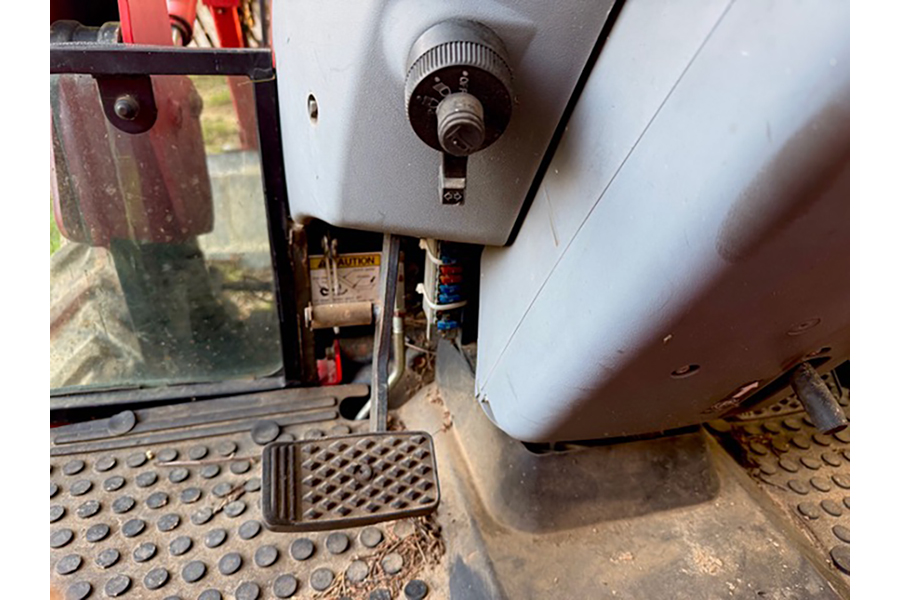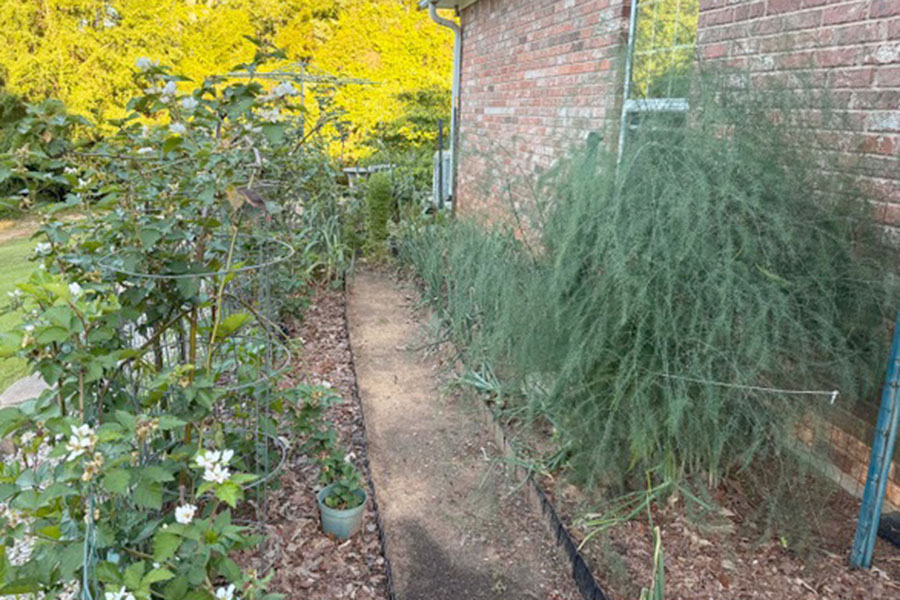Gov. Greg Abbott just before the midnight deadline Sunday vetoed a bill on THC products and said he would call a special legislative session to regulate products containing the substance. The veto angered the bill’s chief champion, Lt. Gov. Dan Patrick.
Abbott’s decision was being closely watched by both supporters of the bill, including law enforcement, and opponents, the latter of which included those in the hemp industry, libertarian conservatives, and veterans’ groups. The veto came about 30 minutes before the midnight deadline.
“At worst, Senate Bill 3 would be permanently invalidated by the courts,” Abbott wrote. “At best, its implementation would be delayed for years as the case winds its way through the legal system. We can do better.”
The 30-day special session on how or whether to regulate products containing THC will begin July 21.
If SB3 had gone into effect, tens of thousands of businesses selling hemp-infused products would have faced closure.
Abbott late Sunday also signed bills approving the state budget and an overhaul of the Texas lottery.
Governor signs $10B water plan
Gov. Greg Abbott signed two bills into law last week that will launch a $20 billion investment in the state’s water infrastructure if voters approve the proposed constitutional amendment in November.
If voters pass the measure, $1 billion in state tax revenues will be set aside for water projects each year, the Houston Chronicle reported.
“This session, Texas confronted a crisis,” Abbott said when signing the bill in Lubbock. “Compounding a problem of inadequate sources of water, we lose about 88 billion gallons of water a year because of broken, busted and aged pipes.”
The new funds would be spent on repairing those leaks in aging water systems and on finding new sources of water.
State Sen. Charles Perry, R-Lubbock, considered the Legislature’s chief water expert, shepherded the legislation through the Senate. He said passage of the proposed amendment would change how the state approaches its water needs, which are expanding rapidly because of growth, aging infrastructure, and increased industrial demand.
State curbs spending on border as crossings drop
Illegal border crossings have dropped dramatically since the summer of 2024, when then-President Biden widely restricted asylum, and it has continued to slow under the new administration. The Texas Tribune reported Border Patrol agents in May arrested 12,452 people for illegal crossing the U.S.-Mexico border, compared to 170,000 people arrested the previous May.
The Legislature has already allocated $3.4 billion on border security for the next two years. The money is expected to be shifted largely to assisting the federal government with deportation efforts. Lawmakers also slashed funding for the state’s largely unbuilt border wall, ceding border control back to the federal government.
The state is seeking reimbursement for $11 billion spent under Operation Lone Star, the state’s effort to stop illegal migration along the Rio Grande. The massive spending bill passed in May by the U.S. House allocates $12 billion for Texas and other states for past border security spending. However, the Senate has yet to act on that measure.
State audit finds major lapses in jail systems
A recent audit of the agency in charge of overseeing the state’s county jails faulted the Texas Commission on Jail Standards for failing to consistently investigate prisoner complaints, maintain accurate records or complete legally required inspections, the Texas Standard reported.
The audit, which covered the period from October 2022 to December 2024, identified some of the failures as “high risk.”
“These weaknesses increase the risk that the Commission will not identify a jail in violation of minimum standards, which could affect the safety and well-being of inmates,” auditors wrote.
In a written response to the audit, the TCJS said it agreed with the findings and plans to implement fixes by Aug. 1.
“TCJS will improve its processes and uphold its commitment to effective oversight and accountability,” the agency wrote.
Latest STAAR results show mixed results
Third through eighth graders taking the state’s assessment exams showed mixed results, according to results from the Texas Education Agency.
According to news reports, elementary students taking the State of Texas Assessments of Academic Readiness exam made the biggest gains in reading, especially among third graders.
“These results are encouraging and reflect the impact of the strategic supports we’ve implemented in recent years,” said TEA Commissioner Mike Morath. “We are seeing meaningful signs of academic recovery and progress.”
Enjoying this column? Want to read more like this? Support local journalism and your community newspaper The Wylie News by subscribing today!
Gary Borders | [email protected].

![WIA_CSMedia_300x250[6] NTMWD 2025 Summer](https://wylienews.com/wp-content/uploads/2021/11/WIA_CSMedia_728X907.jpg)
















0 Comments